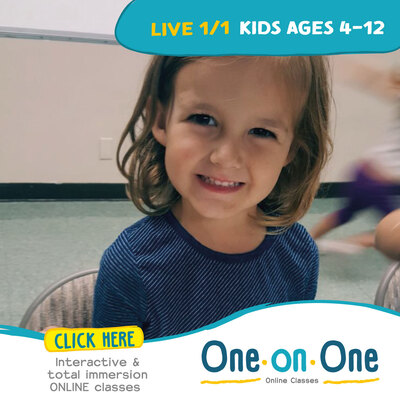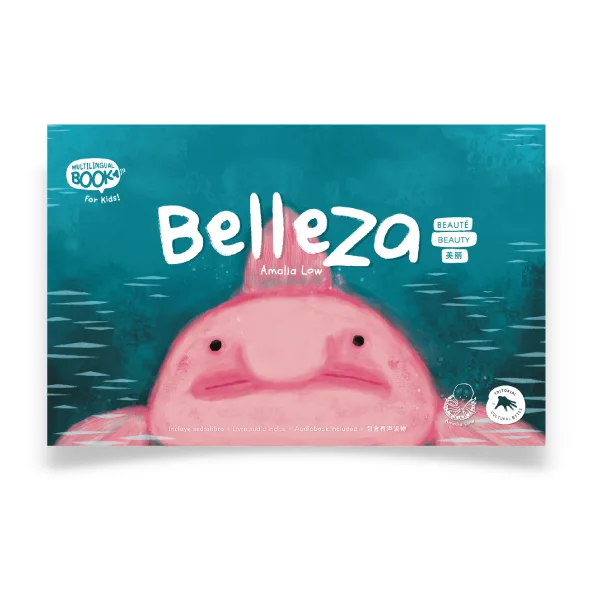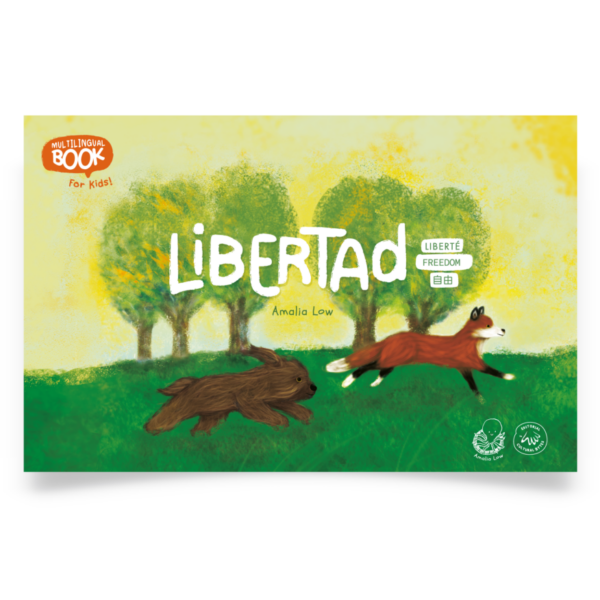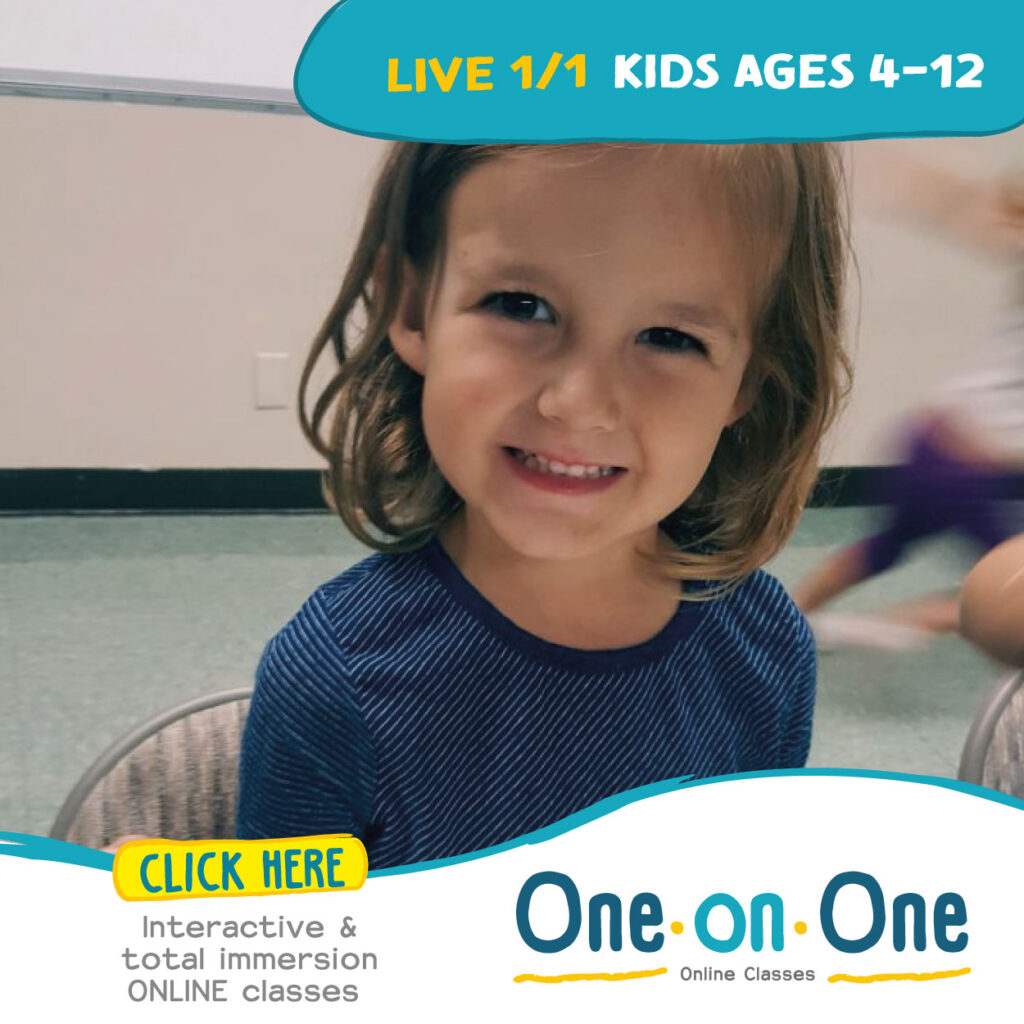
Language and Confidence
Lessons from a Language Coach
Where do confidence and language learning intersect? How can you build confidence in yourself and/or your child in language learning and speaking?
To answer these questions, I’d like to introduce you to Estrella Chan, a language coach for immigrants and international professionals in English fluency, interview skills, and public speaking (es**********@***il.com). In her own words, here is her experience of the effects of confidence on language learning:
“After six months (of moving to a Spanish speaking country), my father invited some of his co-workers home for a party. I observed the ease my father felt speaking Spanish. Then, suddenly I heard him use a Chinese word because he did not know the term in Spanish. I watched the reaction on his co-worker’s face. It was one of understanding! How can that be? His co-worker did not know Chinese, so how could he understand my father’s Chinese word?
After I became an ESL teacher, I understood what happened that evening many years ago. Besides the context of their conversation, my father had an expectation that people understand him. That expectation seems to do something magical. Then again, from teacher training, expectation is very effective. It sets the tone of calling forth desired behavior. If a teacher wants her students to behave well, she can use her expectation to call forth that behavior.” (1)
According to Estrella, expectation and confidence are crucial to effective communication in any language, but especially in a second language. Now let’s follow her to the classroom:
“I notice in some ESL students who hesitate to converse in English (even in a conversational English class) they have a fear that others would not understand them. Therefore, they try to form the correct sentence in their mind before they speak. That slows down the communication process, and often they lose their audience.
By the same token, I observe in the ESL students who voice their thoughts freely (even when they make grammatical mistakes) they become fluent sooner. They are not concerned about being perfect in their language construction. They simply want to express their ideas so others understand them. This sense of freedom works to their advantage. They get to participate in so many more fun discussions.” (2)
Do’s and Don’ts of Language Learning
In order to encourage greater confidence in yourself and your language learning (or your child’s language learning), Cultural-Bytes has gathered a short list of suggestions:
- DO: Practice positive “self-talk.” When you tell yourself that you can learn something, you will be more capable to learn. Encourage your child to think this way, too.
- DON’T: Compare yourself to other language speakers. People learn at different paces, and you should concentrate on your own, unique language learning journey.
- DO: Set attainable goals. Unrealistic goals will lead to dissapointment, but meeting checkpoints and small goals will propel you forward in encouragement.
- DON’T: Study alone. Perhaps you can learn to read a language alone, but to speak a language well, you need to be actively listening to and speaking it in communication with others.
- DO: Be mindful of body language. Studies have shown that body language greatly affects behavior.(3) ‘Fake it till you make it’ will do wonders on displaying confidence that you don’t necessarily feel.
- DON’T: Replay your failures in your mind. See mistakes as learning opportunities, not chains to drag you down.
With time, effort, practice, and perseverance, we are confident (see what we did there?) that you and/or your child will speak another language with great ease and enjoyment. So stand tall, take a deep breath, and go out there and learn and speak with confidence!
If you liked our article and want more information, contact us, click here
-
Belleza
$18.00 – $20.00Price range: $18.00 through $20.00Select options This product has multiple variants. The options may be chosen on the product page -
Libertad
$18.00 – $20.00Price range: $18.00 through $20.00Select options This product has multiple variants. The options may be chosen on the product page










